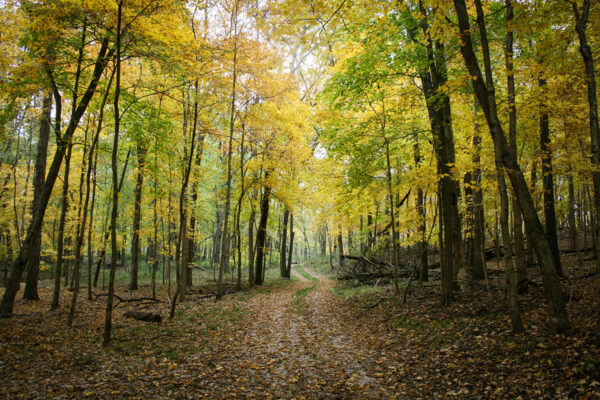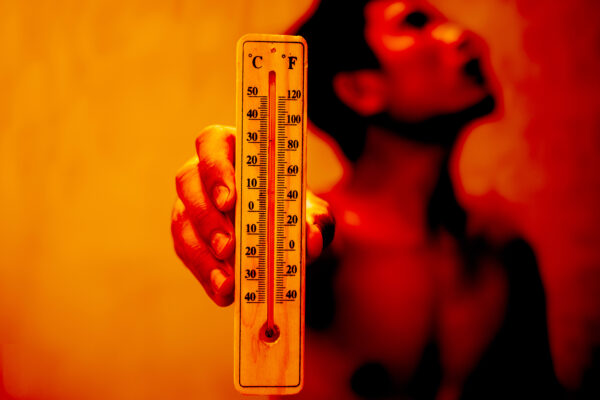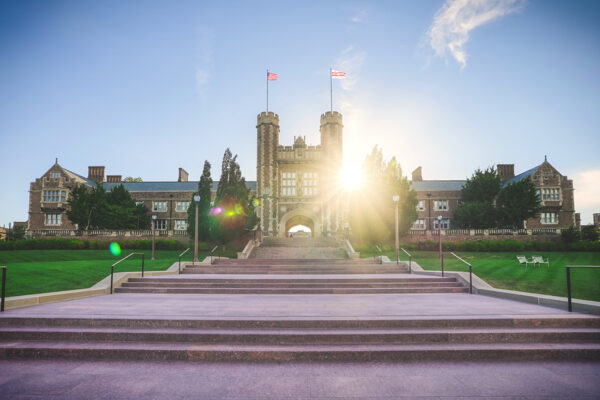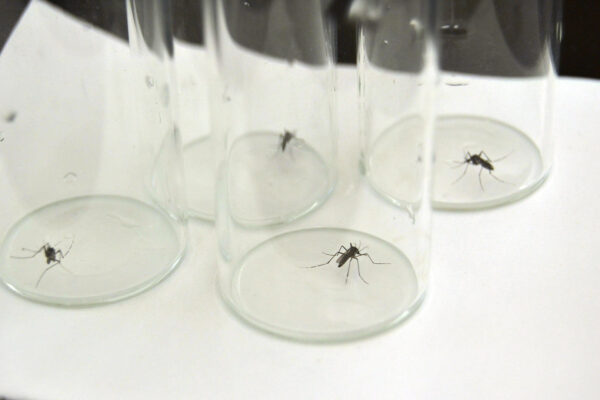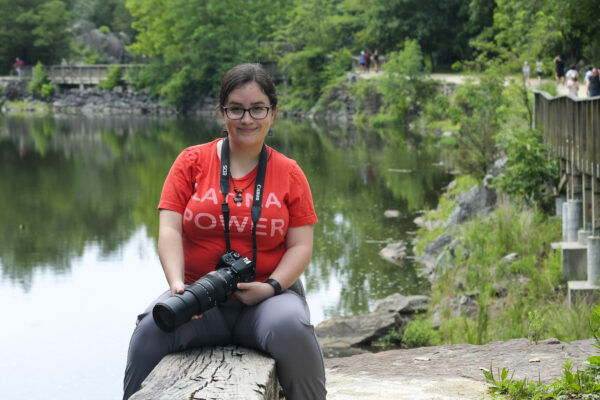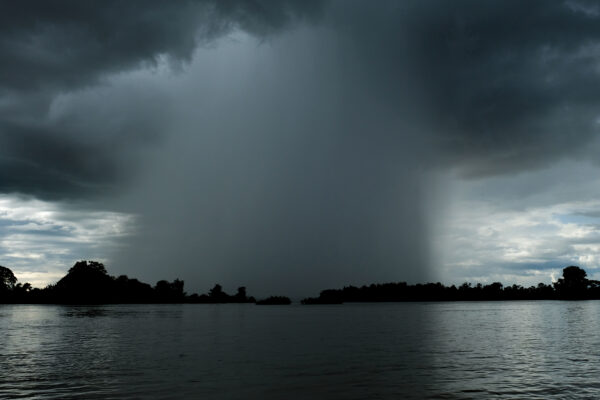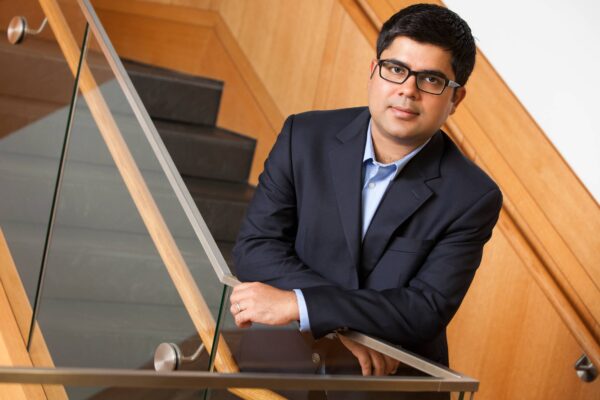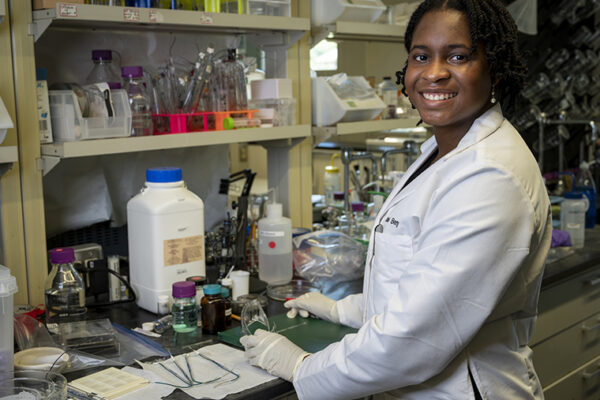Center for the Environment welcomes campus community during kickoff events
WashU’s Center for the Environment will host a series of events next month to introduce its work to the campus community.
Four factors that drove 2023’s extreme heat
2023 was the hottest year in recorded history. Michael Wysession, a professor of earth, environmental and planetary sciences in Arts & Sciences, explains four factors that drove the year’s extreme heat and climate disasters — and what this means for the future.
Old research, new readers
Some Source stories from years past continue to attract new readers. Here, we check in with WashU researchers in linguistics, psychology, engineering and other disciplines to learn more about their work and how the research has progressed.
Some mosquitoes like it hot
Certain populations of mosquitoes are more heat tolerant and better equipped to survive heat waves than others, according to new research from Washington University in St. Louis.
Waves of change
María Isabel Dabrowski, AB ’18, discusses science outreach, the importance empathy and how she launched a career in environmental conservation.
Separating out signals recorded at the seafloor
Research from Washington University in St. Louis shows that variations in pyrite sulfur isotopes may not represent global processes. A new microanalysis approach helps to separate out signals that reveal the relative influence of microbes and that of local climate.
How underground fungi shape forests
Biologist Jonathan Myers in Arts & Sciences leads work at Tyson Research Center that fueled an investigation into the role of underground fungi as drivers of global forest diversity.
Study links changes in global water cycle to higher temperatures
Research led by Bronwen Konecky in Arts & Sciences takes an important step toward reconstructing a global history of water over the last 2,000 years.
Chakrabarty to study aerosol properties
Rajan Chakrabarty at the McKelvey School of Engineering received funding through the U.S. Department of Energy’s Facilities Integrating Collaborations for User Science program to explore how physical and chemical properties of aerosols are distributed vertically in the air. The research will help develop and evaluate atmospheric models.
Graduate student Berry tackles chemistry of green energy
Ashlynn Berry is one of 60 graduate students from across the country — and the only one in Missouri — selected to participate in the Department of Energy’s Office of Science Graduate Student Research (SCGSR) fellowship program.
Older Stories
